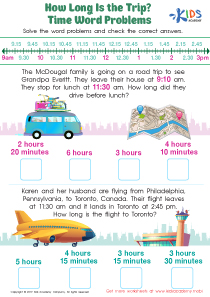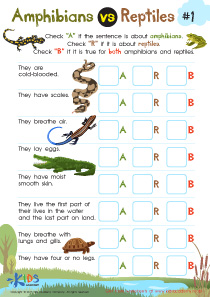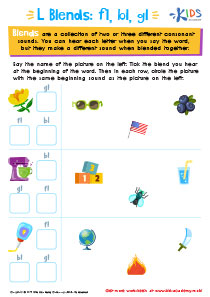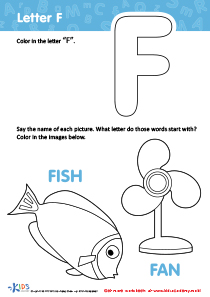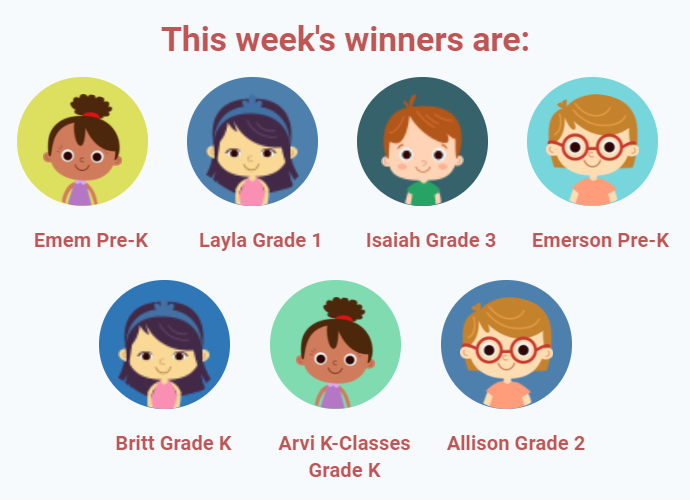Reading Literature Quizzes for Ages 3-5
9 results
9 filtered results
Clear all filters9 filtered results
-
From - To
Uncover the joy of storytelling with our interactive assessment quizzes, expertly crafted for Reading Literature for Ages 3-5. Engaging and educational, these quizzes are designed to check comprehension and strengthen the foundational skills of young readers. Each quiz offers personalized feedback, encouraging children to explore the enchanting world of literature while tracking their progress. Ideal for parents and educators seeking to enhance reading abilities in a fun, interactive environment. Dive into our collection and watch as your child's love for reading flourishes, all the while building a solid base for a lifelong journey through literature.
In the formative years of childhood, particularly for those in the age group of 3-5, developing a solid foundation in literacy is crucial. It's a period characterized by rapid cognitive development, where children are especially receptive to new information and learning methodologies. One of the most effective and engaging ways to nurture a love for reading and enhance literacy skills in young learners is through interactive quizzes on Reading Literature for Ages 3-5.
These interactive quizzes are specifically designed to cater to the developmental needs and interests of young children. They are not only educational but also immensely enjoyable, making the learning process both effective and fun. Here are some of the ways in which these quizzes can be beneficial to children in their studies:
-
Enhancing Comprehension Skills: The quizzes focus on various aspects of reading comprehension. By presenting stories and texts that are age-appropriate and then following up with questions, children are encouraged to pay attention to details, understand the sequence of events, and grasp the moral or message of the stories. This practice helps in improving their ability to comprehend texts more effectively, a skill that is fundamental to their academic journey.
-
Building Vocabulary: Interactive quizzes introduce new words in a context that makes it easier for children to understand and remember them. Through repetition and the application of these new words in different scenarios within the quizzes, children can significantly expand their vocabulary. An enriched vocabulary not only aids in better comprehension but also in expressive language skills.
-
Encouraging Critical Thinking: By engaging with quizzes that challenge them to think about what they've read, children learn to analyze information, reflect on different scenarios, and make connections. This early encouragement of critical thinking skills is invaluable, setting a foundation for more complex problem-solving and analytical thinking required in higher grades.
-
Promoting Engagement and Retention: The interactive element of these quizzes ensures that learning is not passive. Children actively engage with the content through various interactive tasks such as drag-and-drop answers, multiple-choice questions, and matching exercises. This active participation significantly boosts retention rates as children are more likely to remember what they've learned when they are directly involved in the learning process.
-
Fostering a Love for Reading: Perhaps one of the most significant benefits of interactive quizzes on Reading Literature for Ages 3-5 is that they make reading fun. By turning reading into an interactive game, children begin to associate reading with pleasure and enjoyment, which is essential in fostering a lifelong love for reading. This positive attitude towards reading is crucial for their continued academic success and personal growth.
Interactive quizzes on Reading Literature for Ages 3-5 are thus a powerful tool in the arsenal of educational resources available for young learners. They support the development of key literacy skills in a manner that respects the developmental stage of young children. By making learning enjoyable and engaging, these quizzes lay down a strong foundation for future academic achievements and instill a love for reading that can last a lifetime.
